
5 Key Benefits of hiring a landscape designer
Hiring a landscape designer can offer numerous benefits, especially if you're looking to enhance the aesthetic appeal and functionality of your outdoor space. Here are some advantages of hiring a landscape designer:
Expertise and Creativity:
-
- Landscape designers are trained professionals with expertise in horticulture, design principles, and construction. They can bring a creative and artistic perspective to your outdoor space, transforming it into a visually appealing and functional area. This guidance can help ensure the long-term success of your landscape.
- Landscape designers assess your property, taking into account factors such as soil quality, drainage, sunlight, and existing plant life. This analysis helps in creating a design that is tailored to the specific characteristics of your site.
- Personalized Design - No two jobs will ever be the same. A landscape designer can create a design that reflects your personal style, preferences, and lifestyle. They work closely with clients to understand their needs and aspirations, tailoring the design to meet individual, lot and by-law requirements. Above all else - Make it FUN! Designers love different and unique and have the knowledge to let you in on all the new landscape innovations that can benefit you and your family to give you the wow factor!
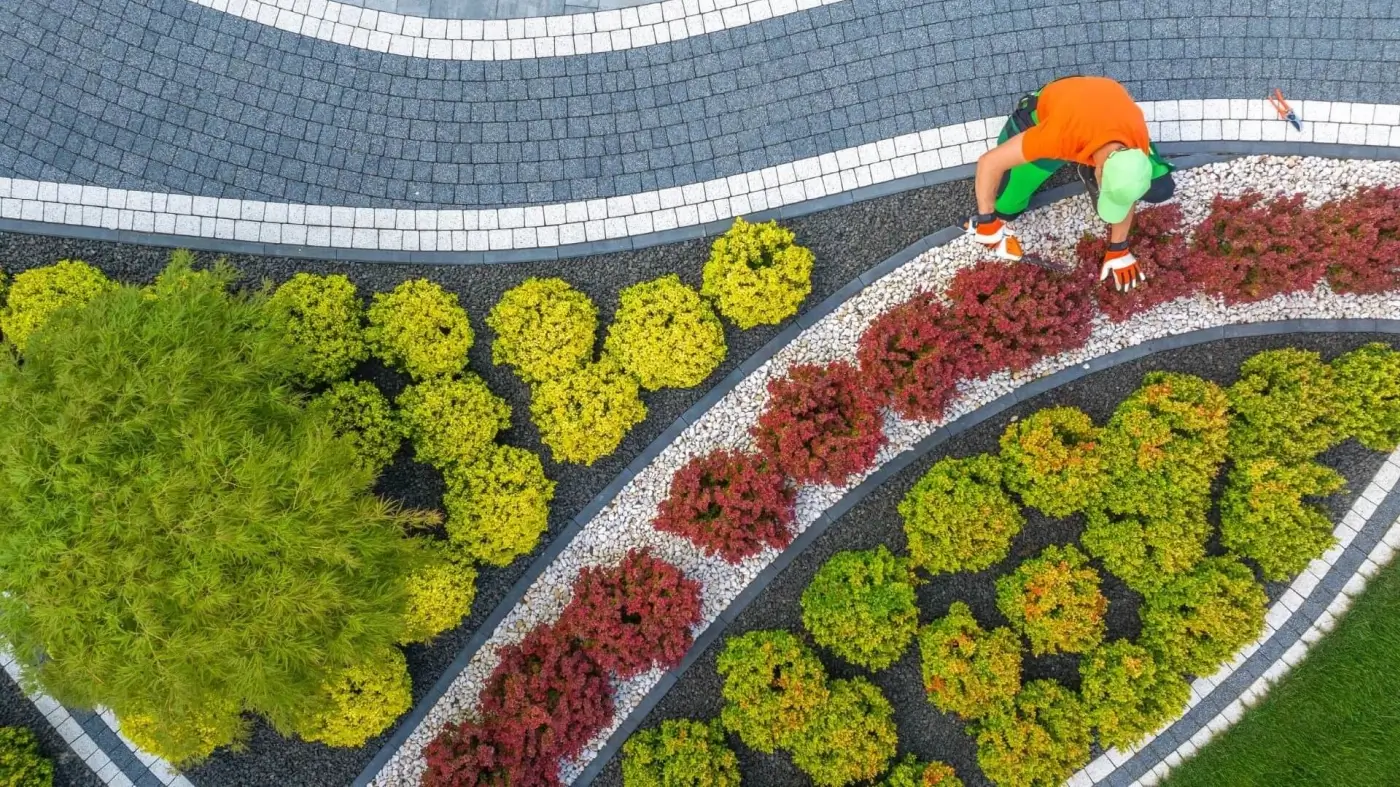
Budget Management and project Planning:
-
- A landscape designer can work within your budget constraints. They have the knowledge to recommend cost-effective materials, plants, and features that align with your financial resources.
- Landscape designers can create a comprehensive plan for your outdoor space, detailing the placement of plants, hardscapes, and other elements. They can also manage the implementation of the project, coordinating with contractors and ensuring that the design is executed according to plan.
- Landscape designers have a deep understanding of plants, including their growth habits, maintenance requirements, and aesthetic qualities. They can select plants that are well-suited to your climate, soil, and design preferences.

Increased Property Value:
-
- A well-designed and maintained landscape can significantly increase the value of your property. A landscape designer can create a design that not only enhances the beauty of your outdoor space but also contributes to the overall curb appeal of your home.
- Properties with appealing landscaping are likely to spend less time on the market and attract more potential buyers, potentially leading to a higher resale value
- Landscaping features like hedges, trees, privacy screens or fences enhance privacy and security, making the property more appealing.
- A beautiful and well-maintained landscape can evoke positive emotions, making potential buyers more likely to connect emotionally with the property.
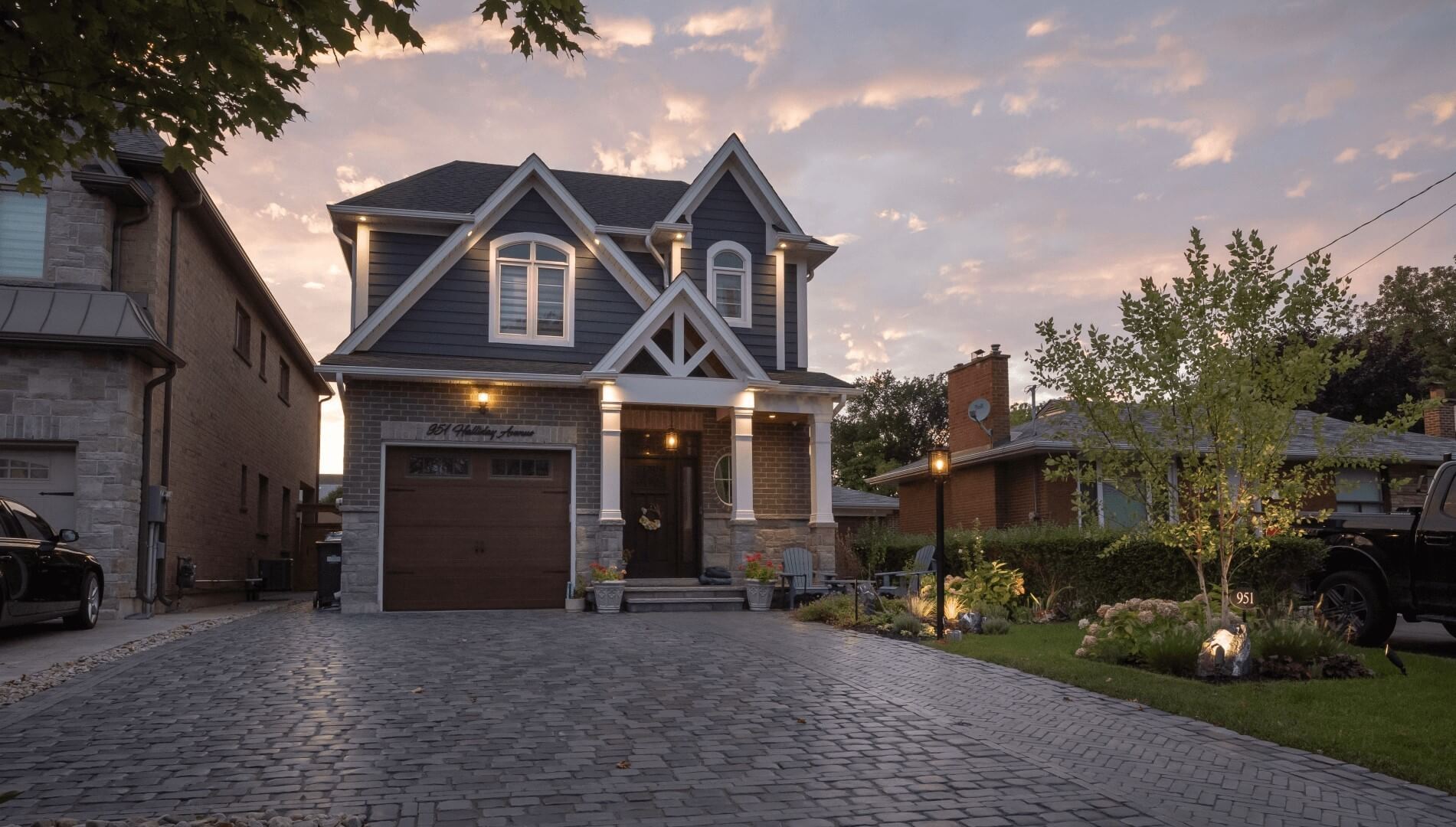
Sustainable Design:
-
- Landscape designers can incorporate sustainable practices into the design, such as water-efficient irrigation systems, native plant selections, and environmentally friendly materials. This can contribute to a more eco-friendly and sustainable outdoor environment.
- Designers can integrate elements, such as green roofs, bioswales and permeable pavements, to manage stormwater and enhance overall environmental resilience
- Design landscapes and gardens that support local wildlife by providing food, shelter, and water sources.
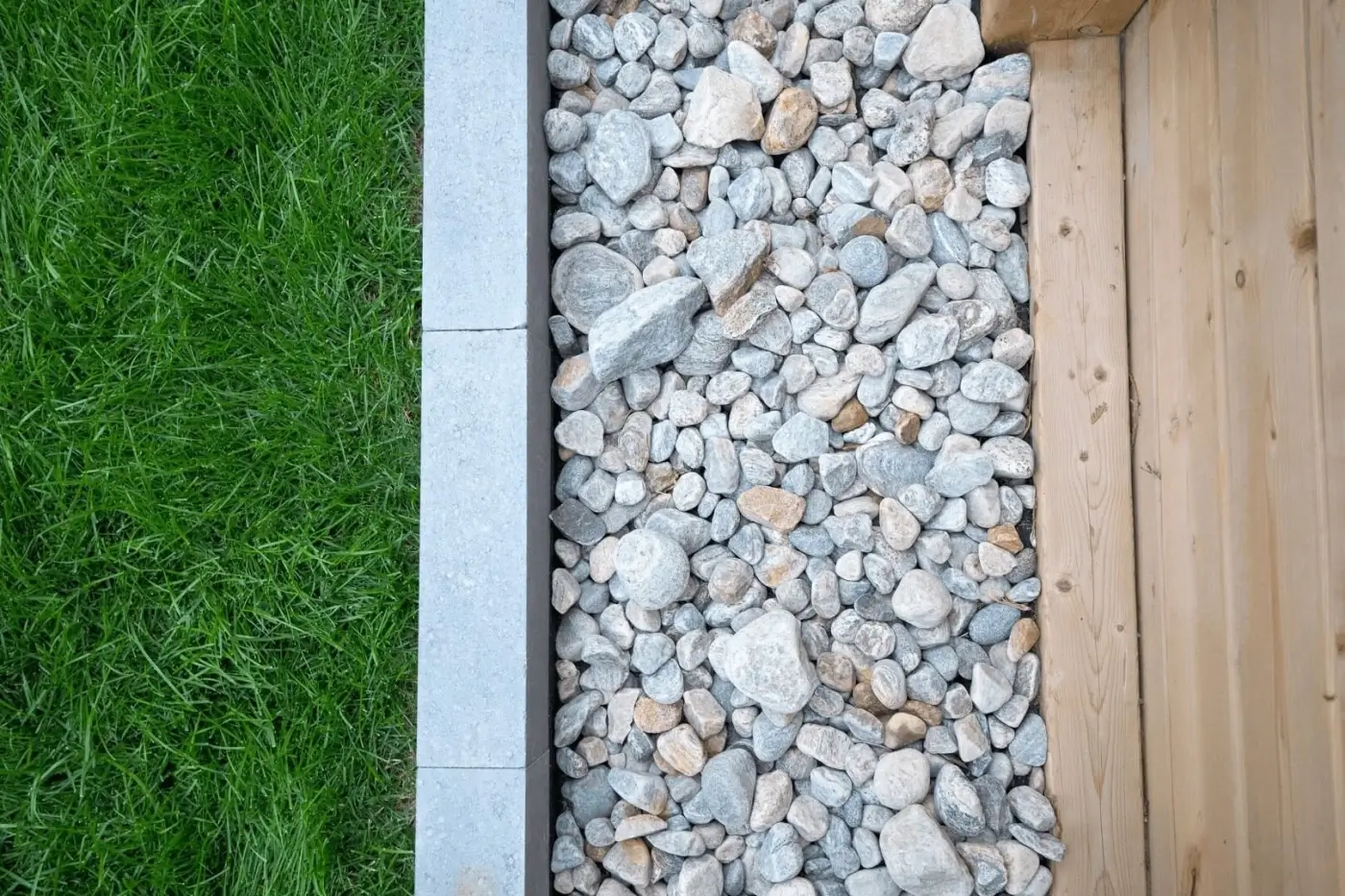
Time Savings:
-
- Avoiding Trial and Error: Designing a landscape involves various elements such as plant selection, hardscaping, and overall layout. A professional designer can help you avoid costly mistakes and time-consuming trial-and-error processes by providing a well-researched and expertly crafted design from the start.
- Hiring a landscape designer can save you time and effort. They can handle the planning, design, and coordination of the project, allowing you to focus on other priorities like family, work and life while a designer can create your dream backyard/frontyard oasis.

In summary, hiring a landscape designer can bring professional expertise, creativity, and efficiency to your outdoor project, resulting in a well-planned and visually stunning landscape that adds value to your property.
Do I need a landscape Designer or landscape architect? What are the differences?
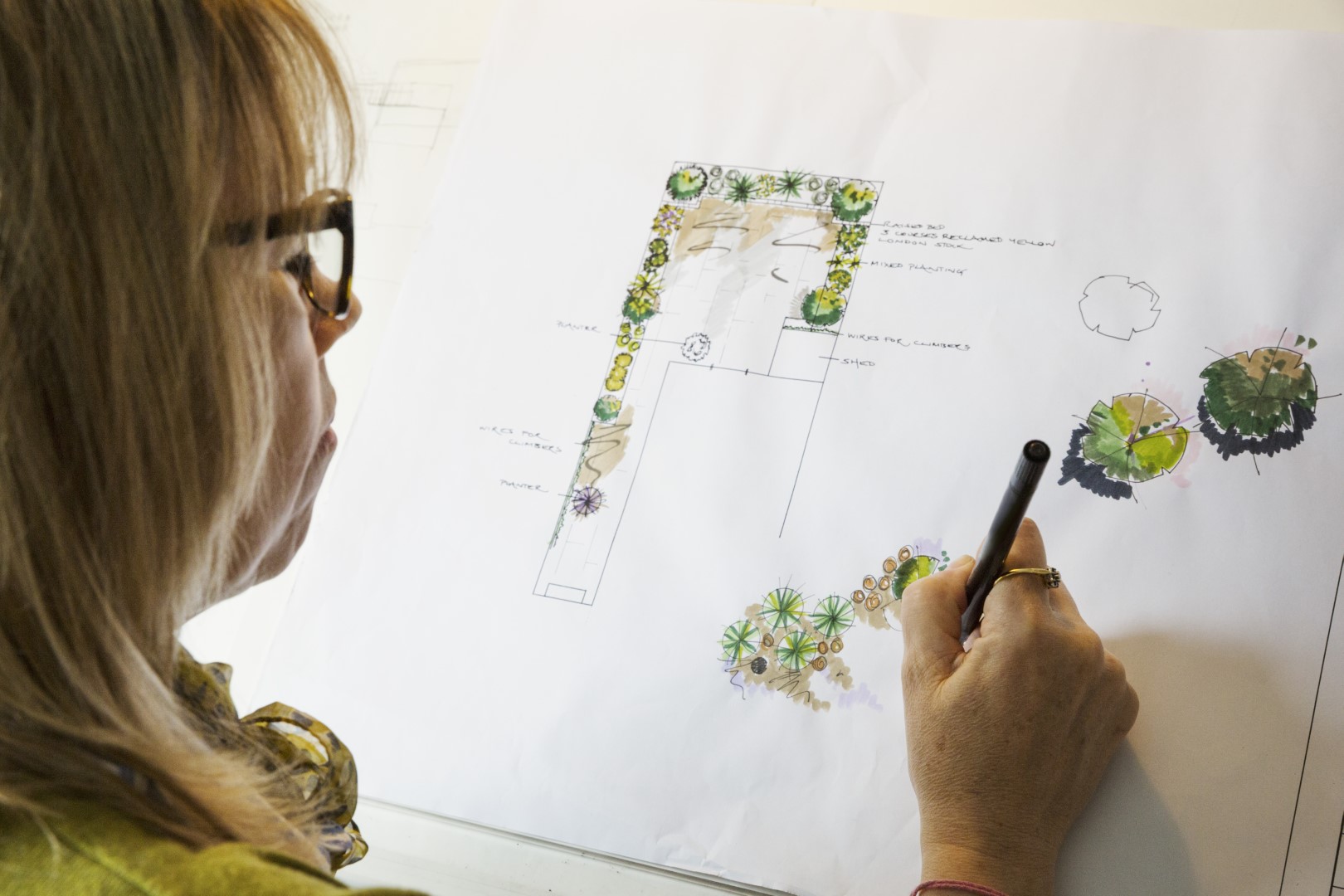
While both landscape designers and landscape architects work in the field of landscape design, there are key differences in their roles, qualifications, and the scope of their work. Here are the major three differences:
Education and Training:
-
- Landscape Designers: Typically, landscape designers have formal education in horticulture, landscape design, or a related field. Their training may include courses in plant science, landscape construction, and design principles. Some enter the field with specific certifications or degrees, but the educational requirements can vary.
- Landscape Architects: Landscape architects undergo more extensive formal education and training. They usually hold a bachelor's or master's degree in landscape architecture from an accredited program. Their education covers a broader range of topics, including design, urban planning, environmental science, and site engineering. Landscape architects are often required to pass a licensing exam to practice professionally.
Scope of Work:
-
- Landscape Designers: Landscape designers often focus on the aesthetic and functional aspects of outdoor spaces. They may specialize in plant selection, garden design, and hardscape elements. While they can create visually appealing and practical designs, their scope might be more limited compared to landscape architects.
- Landscape Architects: Landscape architects have a broader scope of work that includes the planning and design of outdoor spaces on a larger scale. They may be involved in urban planning, site analysis, environmental restoration, and the design of public spaces. Landscape architects often work on projects that require a deeper understanding of engineering, site planning, and regulatory considerations.
Project Complexity and Scale:
-
- Landscape Designers: Landscape designers commonly work on residential projects, small gardens, and private properties. Their expertise is well-suited for smaller-scale projects where the primary focus is on creating attractive and functional outdoor spaces for homeowners.
- Landscape Architects: Landscape architects are equipped to handle a wider range of projects, including large-scale public spaces, commercial developments, parks, and urban planning initiatives. They are often involved in projects that require a comprehensive understanding of site engineering, environmental impact, and collaboration with architects and other professionals.
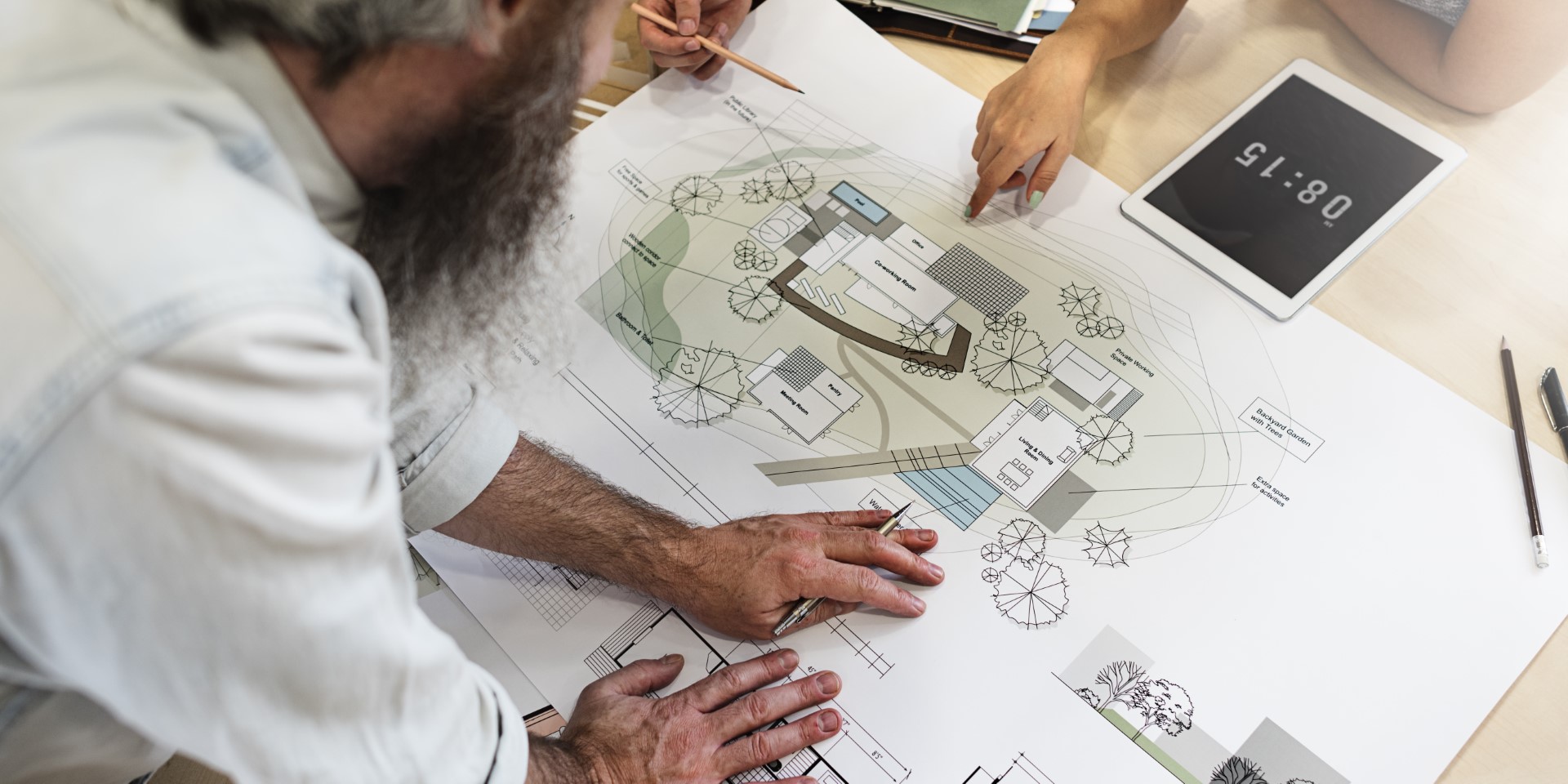
In summary, the major differences between landscape designers and landscape architects lie in their education, scope of work, and the scale and complexity of the projects they typically undertake. While both professions contribute to the field of landscape design, landscape architects are generally involved in more extensive and complex projects that may have broader societal and environmental implications.


